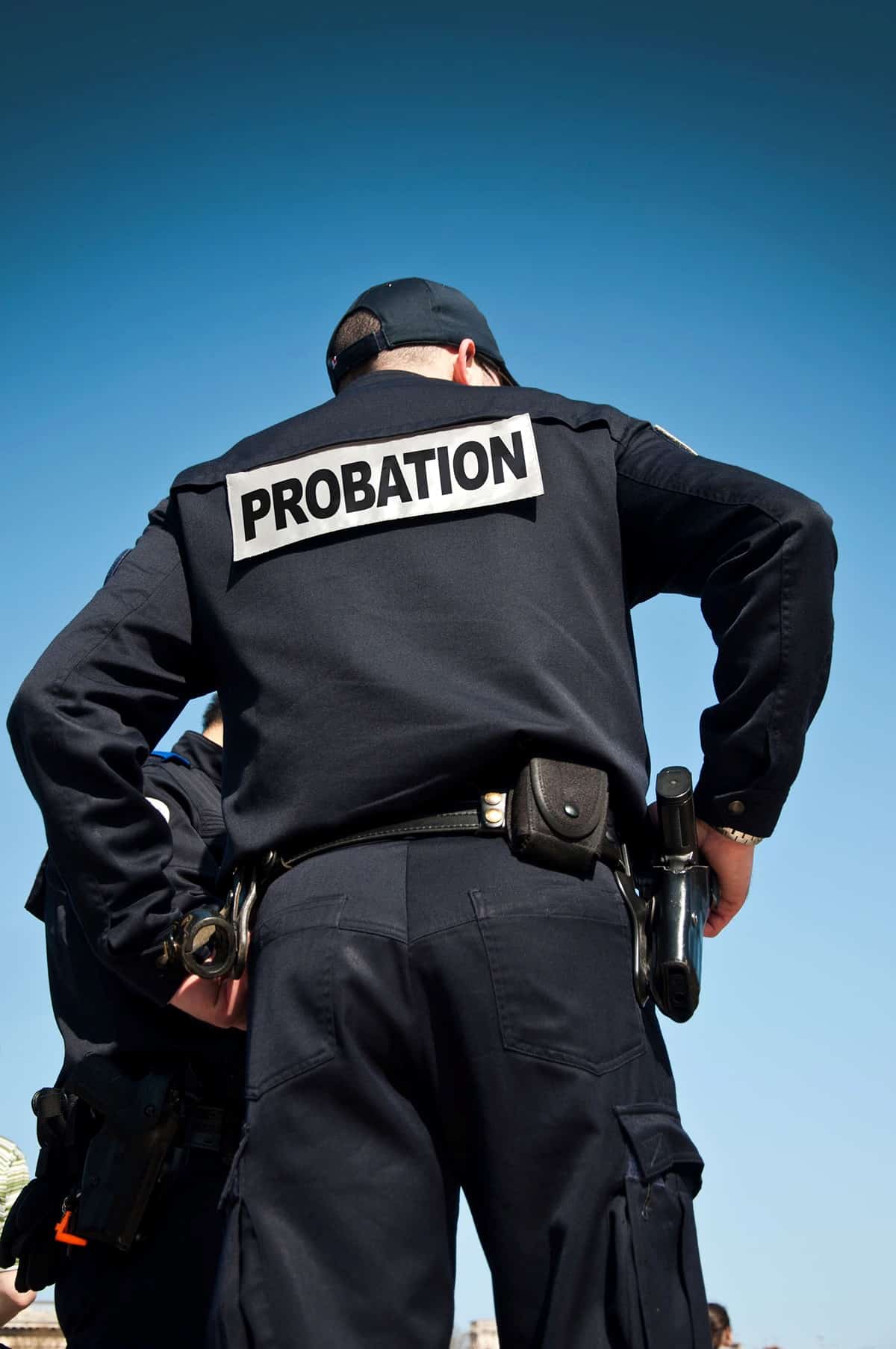Colorado Theft Laws: Penalties and Defense Strategies
July 1, 2025

Posted by: Jacob E. Martinez
Category: Probation Violations | Uncategorized
If you were convicted of a crime, you know that the repercussions from that crime don’t quickly go away. Even if you were placed on probation instead of being incarcerated, you may have a long road ahead of you to make sure you’re compliant with your probation sentence.
For many, probation can be complicated because of the numerous rules and restrictions involved. If you don’t follow those rules and restrictions completely, you will be in violation of your probation and will have to suffer the consequences.
That’s why it’s important to make sure you fully understand the terms and conditions of your probation sentence.
So what are the rules of your probation?
Depending on the nature of your crime, your terms could be different from someone else’s. Both adult and juvenile felony and misdemeanor offenders can be placed on probation. Whatever your situation is, a risk assessment will be conducted in order to determine the amount of supervision necessary so that you won’t commit a crime again.
If you were convicted of a drug offense, you may have your case assigned to Drug Court, which requires a high level of supervision because one of your probation terms will be to maintain sustained sobriety.
The court can use its own discretion to set the terms of your probation sentence, but there are certain conditions that are the same for anyone. These conditions are:
In addition to these terms, you are also responsible to pay $50 a month as a supervision fee if you are on supervised probation.
The court can also require the defendant to adhere to special conditions. These special conditions may include that a defendant:
And so on and so on. As you can see, a probation sentence can be very restrictive and limiting as to what you can and can’t do while you’re on probation. The terms and conditions of your probation could be so complex that you might not even realize you’re breaking your probationary terms.
If you don’t understand the terms of your probation, you may want to contact a probation lawyer to explain the terms – and your rights.
So what happens if, for some reason, you violate the terms and conditions of your probation?
Maybe you missed a meeting with your probation officer. Maybe you failed a drug test. Maybe you were caught with a firearm. Or maybe you didn’t go to work one day or you were somewhere you weren’t supposed to be.
Whatever the reason, if you violate your probation, you could be in serious trouble. Your probation officer will most likely file a complaint with the court, requesting a hearing to evaluate and review your probation. The court will then decide if you did in fact violate your probation and whether your probation should be revoked.
If your probation is revoked, you could be re-sentenced to a new probation sentence, Community Corrections, or even jail.
If you have violated your probation or your probation officer believes you are likely to have violated your probation, you should contact a skilled defense attorney who has experience with probation violations. A knowledgeable probation violation attorney will be able to look at the terms of your probation and try to reduce the consequences or possibly avoid them entirely. Contact a probation attorney today to see how a lawyer can help you.
About the Author:
Denver-based criminal defense and DUI attorney Jacob E. Martinez is a knowledgeable and experienced litigator with a record of success providing innovative solutions to clients facing criminal charges of any severity. Mr. Martinez has been designated a Top 100 Trial Lawyer by the National Trial Lawyers and has been awarded both the Avvo Client’s Choice Award and Avvo Top Attorney designation, evidencing his reputation for his exemplary criminal and DUI defense work and high moral standards.
Jury Trial - Not Guilty
Jury Trial - Not Guilty
Arapahoe 1st Degree Assault/Vehicular Assault
Jury Trial - Not Guilty
Denver Domestic Violence Assault Case
Jury Trial - Not Guilty
Denver D.V. Assault
Jury Trial - Not Guilty
Denver Careless Driving Resulting in Death
Jury Trial - Not Guilty
Jefferson County Felony Menacing
Jury Trial - Not Guilty
Adams County DUI
Jury Trial - Not Guilty
Jefferson County DUI
Jury Trial - Not Guilty
Jefferson County DUI
Jury Trial - Not Guilty
Jefferson Vehicular Assault/DUI
Jury Trial - Not Guilty
Jefferson County DUI
Jury Trial - Not Guilty
Boulder County DUI case
Jury Trial - Not Guilty
Arapahoe County DUI case
Jury Trial - Not Guilty
Adams County DUI case
Jury Trial - Not Guilty
Douglas County DUI case
Jury Trial - Not Guilty
Gilpin County DUI case
Dismissed
Broomfield County Probation Revocation case
Dismissal
Arapahoe County DUI case
Deferred Judgment
Arapahoe County DUI case
Deferred Judgment
Douglas County DUI case
Deferred Judgment
Larimer County DUI case
Deferred Judgment
Arapahoe County DUI Case
Deferred Judgment
Denver Felony Burglary Case
Deferred Judgment
Arapahoe County DUI case
Dismissed
Arapahoe County Protection Order Case
Dismissed
Golden Destruction of Property case
Dismissed
Jefferson County Protection Order case
Dismissed
Jefferson County Domestic Violence case
Dismissed and Sealed
Jefferson County DUI case
Dismissed
Denver Major Traffic Offense case
Dismissed and Sealed
Broomfield County Domestic Violence case
Dismissed
Summit County DUI Revocation
Dismissed
Denver DUI Revocation
Dismissed
Denver DUI Revocation
Dismissed
Denver DUI +.2 Involving Accident and Injury case
Dismissed
Denver DUI/Habitual Traffic Offender case
DISMISSAL
Denver District Aggravated Theft
Dismissed
Greenwood Village Assault case
Dismissal
Elbert County DUI
Dismissed
Arapahoe County Domestic Violence case
Dismissal
Jefferson County DUI
Dismissal
Denver Municipal Assault
Dismissed
Boulder County Domestic Violence Assault case
Dismissed
Wheat Ridge Assault case
Dismissed
Jefferson County DUI case, with 2+ Prior Convictions
Dismissed
Arapahoe County Domestic Violence case
Dismissed
Broomfield County Domestic Violence case
Dismissed with No Charges Filed
Jefferson County Felony Theft case
Dismissed
Arapahoe County Felony Theft case
Dismissed
Boulder County Felony Theft case


